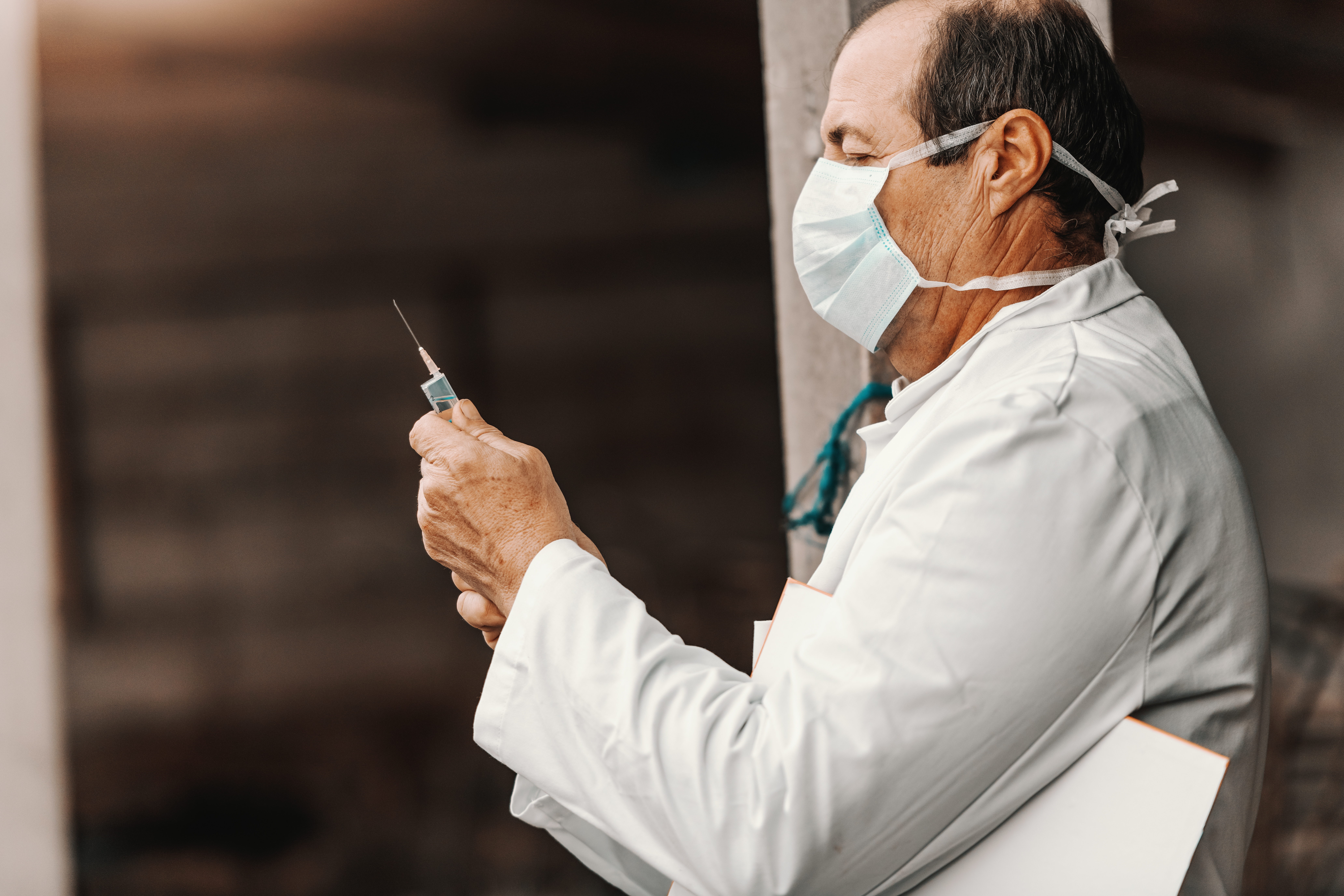



OIE answers your questions on COVID-19 and essential veterinary care
In the framework of the COVID-19 pandemic, the World Organisation for Animal Health (OIE) and the World Veterinary Association (WVA) jointly draw attention to the roles and responsibilities of the veterinary profession for public health.To effectively tackle the challenges posed by the COVID-19 pandemic, many governments around the world have taken restrictive measures to close non-essential businesses. These decisions raise questions regarding potential adaptations that need to be implemented by the veterinary profession.
In this context, the World Organisation for Animal Health (OIE) and the World Veterinary Association (WVA) advocate for the specific activities of Veterinary Services to be considered as essential businesses.
Maintaining the activities that are crucial to public health
Veterinarians are an integral part of the global health community. Beyond the activities linked to the health and welfare of animals, they have a key role in disease prevention and management, including those transmissible to humans, and to ensure food safety for the populations.
In the current situation, it is crucial that, amongst their numerous activities, they can sustain those necessary to ensure that:
- national and regional veterinary regulatory and inspection services can oversee the integrity of public health;
- only healthy animals and their by-products enter the food supply to guarantee food safety for the populations;
- emergency situations can be addressed;
- preventative measures, such as vaccination against diseases with a significant public health or economic impact, are maintained; and
- priority research activities continue.
Supporting veterinary activities in the current context
When conducting their work, veterinarians have the responsibility to safeguard their health, the health of those they work with, and their clients’ health. Hence, they must ensure that appropriate levels of biosecurity are implemented, that their personnel are protected with the necessary equipment, and that animal owners are informed of precautionary measures in place. It is the responsibility of each individual to ensure that appropriate behaviours are respected in the framework of these activities, to avoid further spread of COVID-19.

OIE Questions and answers
The OIE has provided their expert answers to a number of common questions about COVID-19 and animals.
Are animals responsible for COVID-19 in people?
The predominant route of transmission of COVID-19 appears to be from human to human.
Current evidence suggests that the COVID-19 virus has an animal source. Ongoing investigations are important for identifying the animal source (including species involved) and establishing the potential role of an animal reservoir in this disease. Yet, to date, there is not enough scientific evidence to identify that source or to explain the route of transmission from an animal source to humans.
Genetic sequence data reveals that the COVID-19 virus is a close relative of other CoV found circulating in Rhinolophus bat (Horseshoe Bat) populations. There is the possibility that transmission to humans involved an intermediate host.
Priorities for research to investigate the animal source were discussed by the OIE informal advisory group on COVID-19 and were presented at the WHO Global Research and Innovation Forum (11-12 February 2020) by the President of the OIE Wildlife Working Group. The outcomes from the discussion of the OIE informal advisory group on COVID-19 can be found at the link.
What precautionary measures should be taken by owners when companion or other animals have close contact with humans sick or suspected with COVID-19?
There have not been any reports of companion or other animals becoming sick with COVID-19 and currently there is no evidence that they play a significant epidemiological role in this human disease. However, because animals and people can sometimes share diseases (known as zoonotic diseases), it is still recommended that people who are sick with COVID-19 limit contact with companion and other animals until more information is known about the virus.
When handling and caring for animals, basic hygiene measures should always be implemented. This includes hand washing before and after being around or handling animals, their food, or supplies, as well as avoiding kissing, licking or sharing food.
When possible, people who are sick or under medical attention for COVID-19 should avoid close contact with their pets and have another member of their household care for their animals. If they must look after their pet, they should maintain good hygiene practices and wear a face mask if possible.
Read the full Q&A online.






